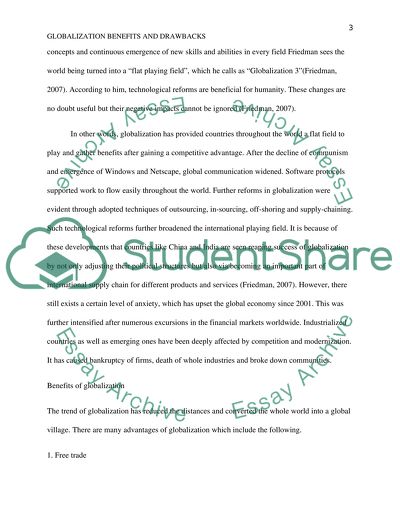Cite this document
(Globalization - Benefits, and Drawbacks Coursework, n.d.)
Globalization - Benefits, and Drawbacks Coursework. Retrieved from https://studentshare.org/macro-microeconomics/1635423-the-good-and-bad-of-globalism-my-take
Globalization - Benefits, and Drawbacks Coursework. Retrieved from https://studentshare.org/macro-microeconomics/1635423-the-good-and-bad-of-globalism-my-take
(Globalization - Benefits, and Drawbacks Coursework)
Globalization - Benefits, and Drawbacks Coursework. https://studentshare.org/macro-microeconomics/1635423-the-good-and-bad-of-globalism-my-take.
Globalization - Benefits, and Drawbacks Coursework. https://studentshare.org/macro-microeconomics/1635423-the-good-and-bad-of-globalism-my-take.
“Globalization - Benefits, and Drawbacks Coursework”, n.d. https://studentshare.org/macro-microeconomics/1635423-the-good-and-bad-of-globalism-my-take.


